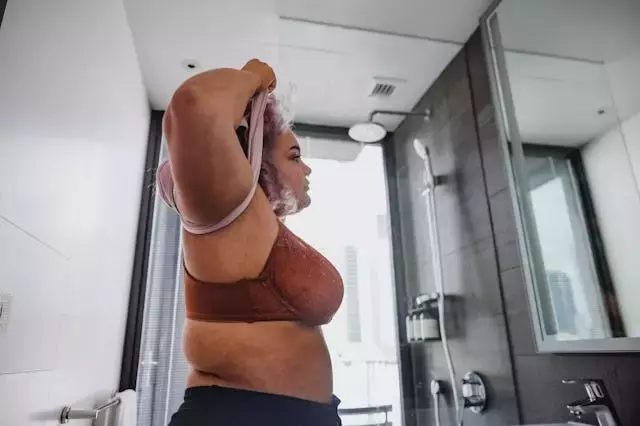
Persistent nipple irritation, while often inconvenient, generally stems from benign origins. The delicate skin around the nipples is susceptible to various external and internal factors, leading to discomfort. Understanding these common triggers can help individuals manage and alleviate the sensation, distinguishing between minor annoyances and potential signs requiring medical assessment.
The sensation of an itchy nipple can be quite bothersome, particularly given the sensitive nature of the area. Unlike other body parts, discreetly scratching the nipple is often impractical, especially when wearing clothing, making the discomfort more pronounced. Many factors contribute to this condition. For instance, skin dryness is a frequent culprit, as the thin skin of the nipple can easily lose moisture, leading to an arid, itchy feeling. Similarly, friction from clothing, especially ill-fitting bras or rough fabrics, can irritate the skin. Sweating, which creates a moist environment, can also exacerbate irritation, sometimes fostering fungal growth.
According to Dr. Hannah Kopelman, a dermatologist at DermOnDemand, everyday factors like dry skin, friction from clothing, and perspiration are common causes. She emphasizes that mild inflammation or irritation of the nipple's sensitive skin is typical and often not a cause for concern. Simple solutions like using a gentle, fragrance-free moisturizer, switching to hypoallergenic laundry detergents, or opting for softer, breathable fabrics can often provide significant relief. Dr. Paul Rosenberg, head plastic surgeon at the New Jersey Breast Reduction Center, adds that menopause can also lead to nipple itching due to hormonal fluctuations. He notes that hormone replacement therapy or external moisturizing can often mitigate these symptoms. Additionally, certain medications, such as those used for acne like Accutane, can reduce the body's natural oil production, leading to generalized dryness and itching, including on the nipples.
While most instances of nipple itching are benign, certain accompanying symptoms necessitate a medical evaluation. Dr. Kopelman advises watching for red flags such as persistent redness, scaling, crusting, discharge (particularly if bloody), or changes in skin texture like thickening or puckering. These signs could indicate underlying conditions such as eczema, a fungal infection, or, in rare cases, Paget's disease of the breast, a form of breast cancer that manifests with nipple changes. Dr. Rosenberg further describes Paget's disease as potentially involving redness and discharge, often with a wrinkled or dimpled skin appearance, akin to an 'orange peel' texture, which warrants immediate professional assessment. However, it is crucial to remember that unlike breast masses or other significant skin changes, isolated itchy skin on the breasts is typically not indicative of serious pathology like cancer.
For individuals with breast implants, particularly those over two decades old, persistent itching might signal an implant rupture. In adolescents, breast development can also lead to an internal itchy sensation as a natural part of growth. For most common cases, immediate relief from an itchy nipple can be found by applying a cold, damp cloth to the affected area. More sustained treatments might involve absorbent powders if moisture and fungal elements are contributing factors, or antifungal creams and sprays for fungal infections. If these home remedies do not resolve the issue or if symptoms persist, consulting a healthcare professional is the recommended next step for a proper diagnosis and treatment plan.
